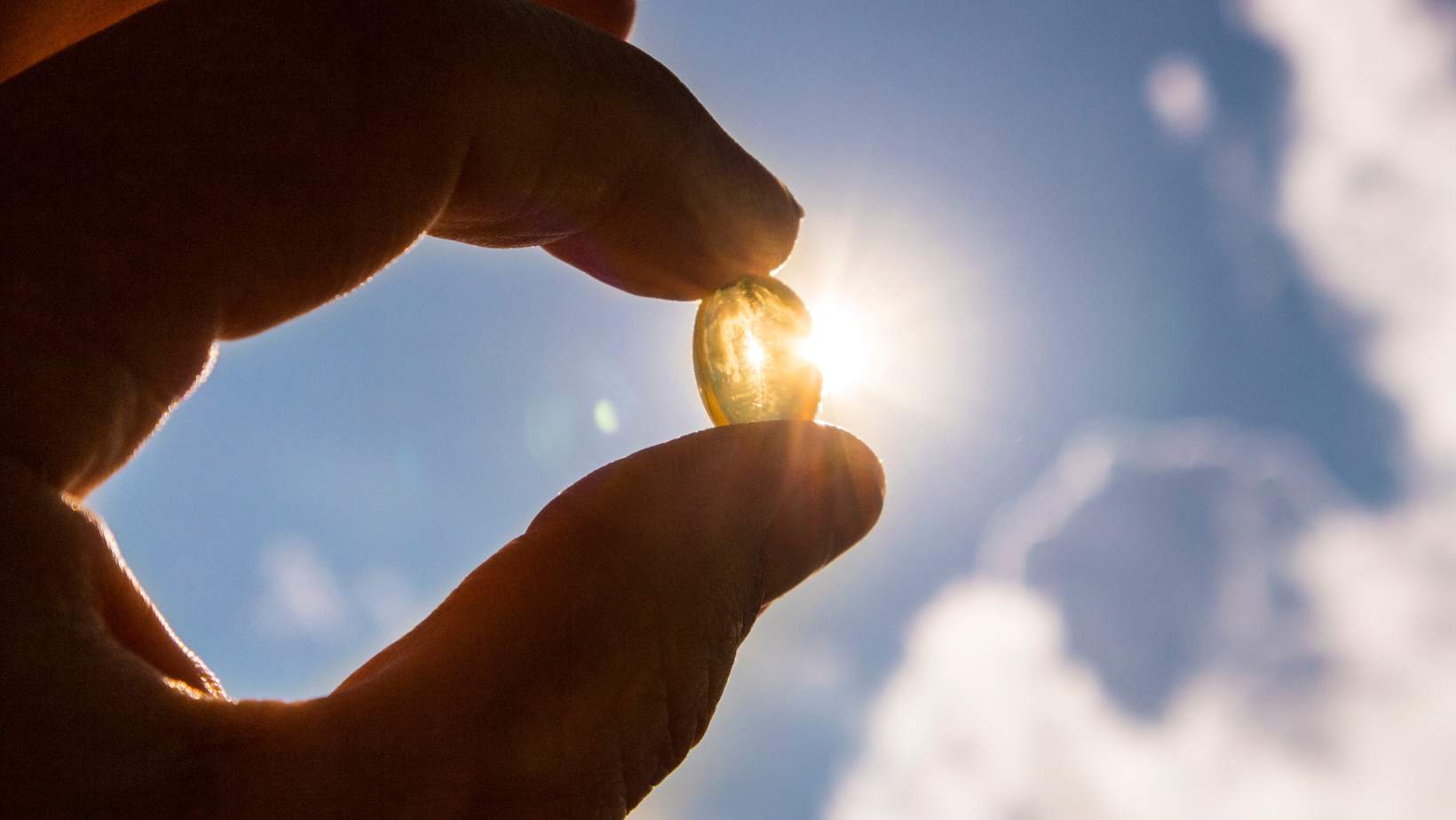Vitamin D: it’s the “sunshine vitamin” we all know we need, but few of us get enough of. In fact, vitamin D deficiency has become a silent epidemic, affecting an estimated 1 billion people worldwide. This crucial nutrient plays a key role in everything from bone health to immune function, yet many of us are unknowingly running low. Could you be one of them? Watch out for these seven tell-tale signs.
1. Your Bones Ache for No Apparent Reason
If your bones feel like they’re crying out for help, it might be time to listen. Bone pain, especially in the legs, pelvis, or ribs, is a classic sign of vitamin D deficiency. “When vitamin D levels dip below 20 or 25 ng/mL, a condition called osteomalacia can develop,” warns Dr. Sarah Thompson, an integrative medicine specialist. “This can cause a deep, aching pain in the bones that often gets mistaken for fibromyalgia or arthritis.”
The Osteoporosis Connection
Over time, untreated vitamin D deficiency can lead to osteopenia and eventually osteoporosis, characterized by brittle, fragile bones. “If you’re breaking bones from minor falls or impacts, that’s a major red flag,” notes Dr. Thompson. “No one should be fracturing a wrist from a couch-height fall.”
2. You’re Plagued by Frequent Infections
Feel like you’re always battling a cold or flu? Your vitamin D status could be to blame. “Vitamin D plays a critical role in regulating the immune system,” explains Dr. Michael Chen, an immunologist. “When levels are low, your body’s defenses against viruses and bacteria are weakened, leaving you more susceptible to infections.”
The Inflammation Factor
Vitamin D is also a potent anti-inflammatory agent. “Chronic inflammation is at the root of many diseases, from autoimmune disorders to cancer,” says Dr. Chen. “Adequate vitamin D can help keep inflammation in check and reduce your risk of these conditions.”
3. Your Mood Takes a Nosedive
Feeling blue? It might be due to a lack of the “sunshine vitamin.” Studies have linked vitamin D deficiency to an increased risk of depression, particularly in older adults. “Vitamin D helps regulate the production of serotonin, a neurotransmitter that plays a key role in mood,” notes Dr. Laura Patel, a geriatric psychiatrist. “When levels are low, it can lead to feelings of sadness, hopelessness, and fatigue.”
The Brain-Gut Connection
Emerging research suggests that vitamin D may also influence the gut microbiome, the trillions of bacteria that reside in our digestive tract. “There’s a strong connection between gut health and mental health,” says Dr. Patel. “A vitamin D deficiency can disrupt the delicate balance of gut bacteria, which may contribute to mood disturbances.”
4. Your Wounds Are Slow to Heal
If cuts and scrapes seem to linger for weeks, it could be a sign that your body is starved for vitamin D. “Vitamin D is essential for proper wound healing,” explains Dr. Emily Kim, a dermatologist. “It helps regulate the inflammatory response and stimulates the production of new skin cells.”
The Skin Health Link
Vitamin D is also crucial for overall skin health. “Studies have shown that vitamin D deficiency is associated with a range of skin conditions, from eczema to psoriasis,” notes Dr. Kim. “Ensuring adequate levels can help keep your skin looking and feeling its best.”
5. Your Muscles Feel Weak and Achy
If climbing stairs feels like scaling Mount Everest, low vitamin D could be to blame. “Vitamin D plays a vital role in muscle function,” says Dr. David Lee, a sports medicine physician. “When levels are low, it can lead to muscle weakness, aches, and cramping.”
The Falls Risk Factor
This muscle weakness can be particularly dangerous for older adults. “Vitamin D deficiency is a major risk factor for falls in the elderly,” warns Dr. Lee. “Maintaining adequate levels can help improve balance and reduce the risk of fractures.”
Your Vitamin D Action Plan
If you suspect you may be vitamin D deficient, the first step is to get your levels tested. “A simple blood test can determine your vitamin D status,” advises Dr. Thompson. “If levels are low, your doctor can recommend an appropriate dosage of vitamin D3 supplementation.”
But supplements aren’t the only solution. “The best way to boost your vitamin D is through regular sun exposure,” notes Dr. Thompson. “Aim for 10-30 minutes of midday sun, several times per week.” Fatty fish, egg yolks, and mushrooms are also good dietary sources of vitamin D.
Your Vitamin D Questions, Answered
How much vitamin D do I need daily?
The recommended daily allowance (RDA) for vitamin D is 600-800 IU per day for adults, but many experts believe this is too low. “I typically recommend 2,000-5,000 IU per day for my patients,” says Dr. Thompson. “But the optimal dosage can vary depending on your age, health status, and individual needs.”
Can I get enough vitamin D from food alone?
While it’s possible to get some vitamin D from food sources like fatty fish, egg yolks, and fortified dairy products, it’s difficult to meet your daily needs through diet alone. “Unless you’re eating salmon every day, you’ll likely need to rely on sun exposure or supplementation to maintain optimal levels,” notes Dr. Chen.
Are there any risks to taking too much vitamin D?
While vitamin D toxicity is rare, it can occur with extremely high doses over an extended period. “Symptoms of toxicity include nausea, vomiting, confusion, and kidney damage,” warns Dr. Thompson. “That’s why it’s important to work with a healthcare provider to determine a safe and effective dosage for your individual needs.”
The bottom line? Vitamin D deficiency is a widespread but often overlooked problem that can have serious consequences for your health. By knowing the signs and taking steps to optimize your levels, you can protect your bones, boost your immune system, and feel your best from head to toe. So soak up some sun, pop a supplement, and give your body the D it deserves.
